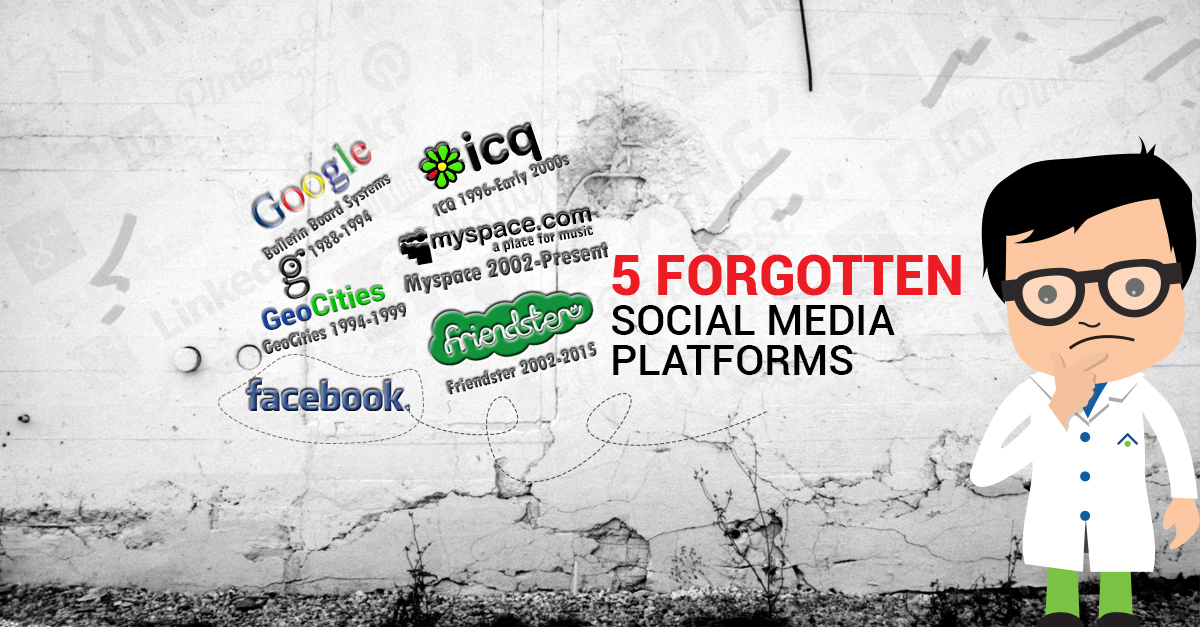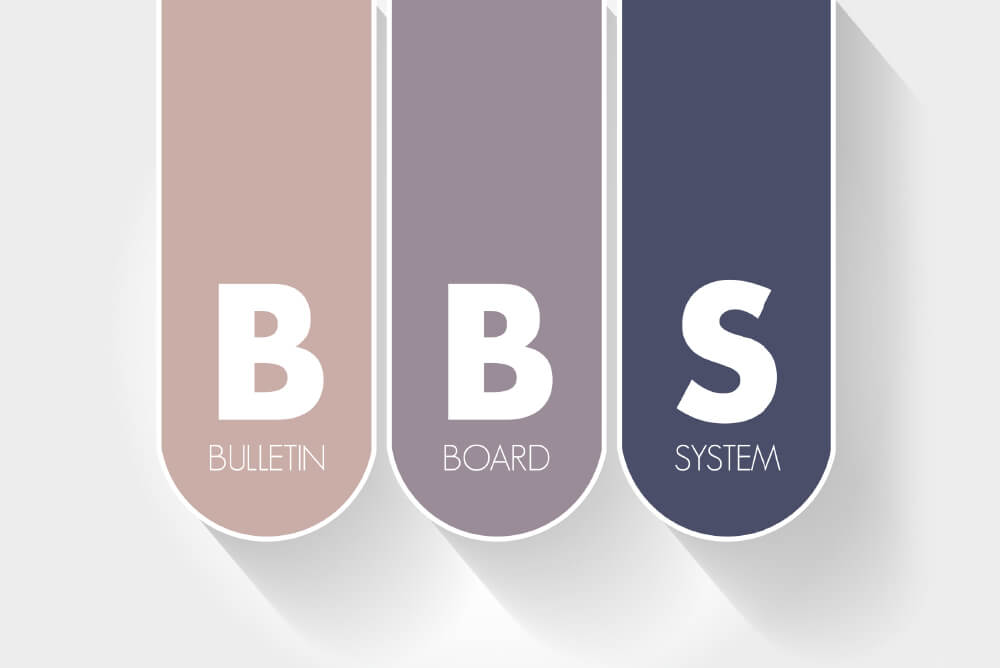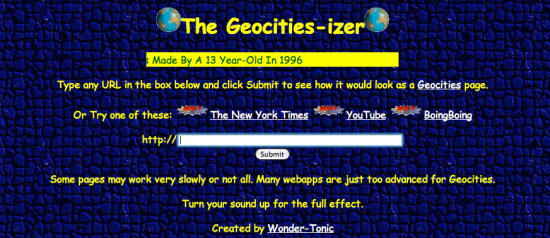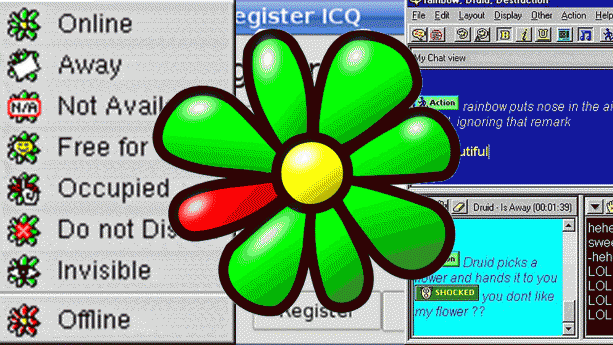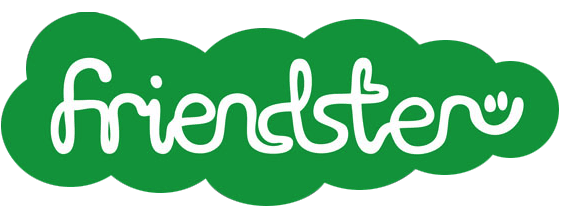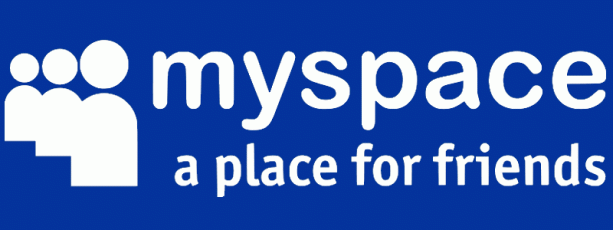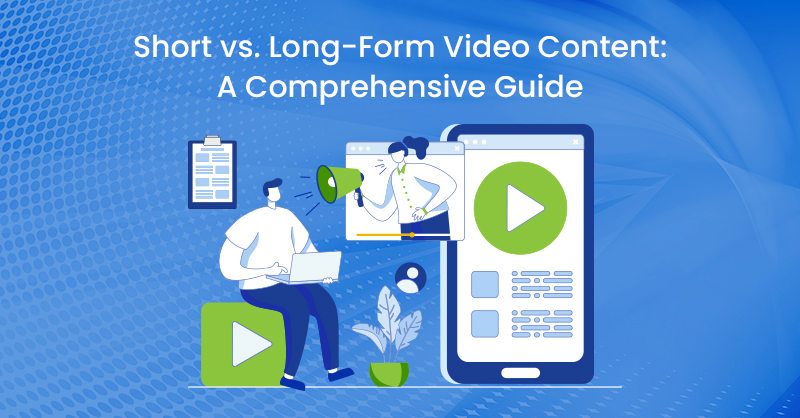Notification: Like it or not, social media is now, and will forever be a part of our everyday lives.
While that may sound daunting to some, it’s truly fascinating to retrace its roots. Here’s what I mean by that.
In a short number of years, we’ve gone from a generation of befuddled moms n’ dads, head scratching about this Facebook thing to our commonplace reality of parents posting about their Game of Thrones house or their overt political opinions.
Basically, what started off as a niche obsession of teenagers and twenty-somethings to stay connected to one another, is now a global phenomenon that grandmas, the butcher, and your tax guy are all a part of.
So where is everyone doing this socializing? While, as of last July it was reported that over 1.29 billion people visit Facebook monthly. Despite this staggering number, it is commonly referred to as a lame duck by some industry experts. Reason being? The leaders of tomorrow are diversifying by jumping ship to other platforms. While these claims aren’t wholly supported by data, it’s a concern that marketers have taken seriously as the next generation of entrepreneurs arrives.
While Zuckerberg’s social giant’s stranglehold on the industry has held up for an unprecedented amount of years, there still is a proverbial graveyard of social media sites who have come and perished before the almighty FB.
I started thinking of those sites and compiled a short list of some forms of social media that we used to interact with on the daily. It’s a hodgepodge of platforms, many of which biggest folly was not pivoting at the right time, to perform beyond their initial function. So without further ado, here they are…
Bulletin Board Systems 1988-1994
Bulletin Board Systems were not exactly a clear cut social network, but they were definitely influential to the development of modern social media. BBS’s were custom computer software that allowed you to be interconnected before the advent of the Internet. The service allowed users to connect with one another and download and upload media.
In essence, this was pretty much the net before the net. Think of a Reddit, in which you would dial a phone number for a server and once connected, a DOS screen would populate something similar to a modern message board functions today. This is also considered by many to be the birthplace of online gaming, as players could participate in death matches with popular early 90’s games such as Doom, and additionally where modern day software pirates got their start.
Downfall: A stronger more structured Internet.
GeoCities 1994-1999
GeoCities was a web hosting service that was founded in 1994 that essentially allowed users to create different pages or “Cities” that housed hyper-specific communities. This was maybe the first iteration of highly targeted niche communities coming together online, unlike BBS which often shared common interests.
By 1996, GeoCities had up to 29 neighborhoods ranging from conspiracy theories to pet lovers. This was really just the next logical step for BBS, a centralized area where people could truly interact with one another and exchange information.
Downfall: Being bought out at the height of the dot-com era for $3.57 billion and losing their identity to Yahoo. Although they’ve waned in popularity, Japan is still a bona fide market for GeoCities.
ICQ 1996-Early 2000s
Although I am sure everyone born in the mid or late seventies and early eighties associates the infancy of their social media life with some form of instant messaging service, ICQ was it for me! The ugly, but colourful interface, the clever play on word acronyms, the anticipation of waiting for a message, and that unmistakable stark sound font... “Uh oh!”
For many (myself included), this was the first time you could truly stay connected with your friends 24/7.
Before ICQ, you would go to school, hang out, and then go home. ICQ let you stay in touch with your friends and potential paramours (oh, la la) at all times, much to the chagrin of parents everywhere.
Downfall: MSN Messenger. I woke up one morning and everyone was gone. Instead of Will Smithing it through a digital I Am Legend scenario, I jumped ship to MSN like everyone else. Despite this, it seems that some have chosen to dance with the one that brought them, as ICQ still holds a considerable user group across the globe.
Friendster 2002-2015
Friendster was the science experiment that lead to the dominance of websites such as Myspace and Facebook. Modeling its name after the music sharing monolith Napster, it was easy to see why people caught on early.
Friendster allowed users to share media, contact others directly, and comment on others media. In this aspect, Friendster truly laid the groundwork for all social media platforms to come.
Downfall: As of June 2015, Friendster officially closed its doors citing "...the evolving landscape in our challenging industry". Truth be told, it was on life support for some time. Despite its success in the Southeast Asian market, Friendster never became a household name and built itself into the zeitgeist of its time.
Myspace 2002-Present
At the time I remember thinking, nothing could be cooler than this, especially as someone with a band. One of the most unique things about Myspace at the time is that it allowed users to create their own page and create a slice of themselves online with imagery, descriptions, and etc.
Additionally, it allowed musicians to create band pages that hosted 4 streamable songs that could be played by any user. This was earth shattering for young artists trying to get their music heard and it made Myspace the birthplace of a lot of renowned artists.
Despite the benefits for musicians, Myspace was also built for the end user. It was, as far as I remember (I could be wrong!) the first social media platform that accumulated your number of friends and shared those metrics with everyone.
All of a sudden, people were in a digital arms race to accrue as many binary friends as possible. Some would call this beginning of the end of our social lives, but it was fun to sit back on the sidelines and watch.
Downfall: Facebook. Much like MSN killed ICQ and video killed the radio star, Facebook was just a better, smoother, and more aesthetic version of Myspace. As a musician, I stayed until the lights went off, but it never was the same.
Myspace is still around, but their users have dwindled to a point where they’re not even in the conversation anymore. Despite all their promotional pushes and attempts to gain ground on the market share they once cornered, it’s just never been the same.
Facebook 2004-???
So it begs the question… Will Facebook become another one of these social antiques, or has the platforms ability to build capital and acquire startups made it truly futureproof and resistant to change? What do you think? Let us know in the comments!
Thanks for heading down memory lane with me, if you would like to get in touch about this or anything related to digital or inbound marketing in general, please tweet me @TysonHuggins to join the conversation.
